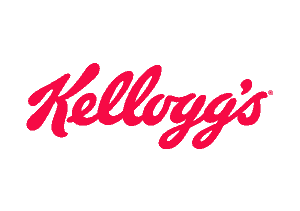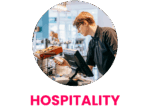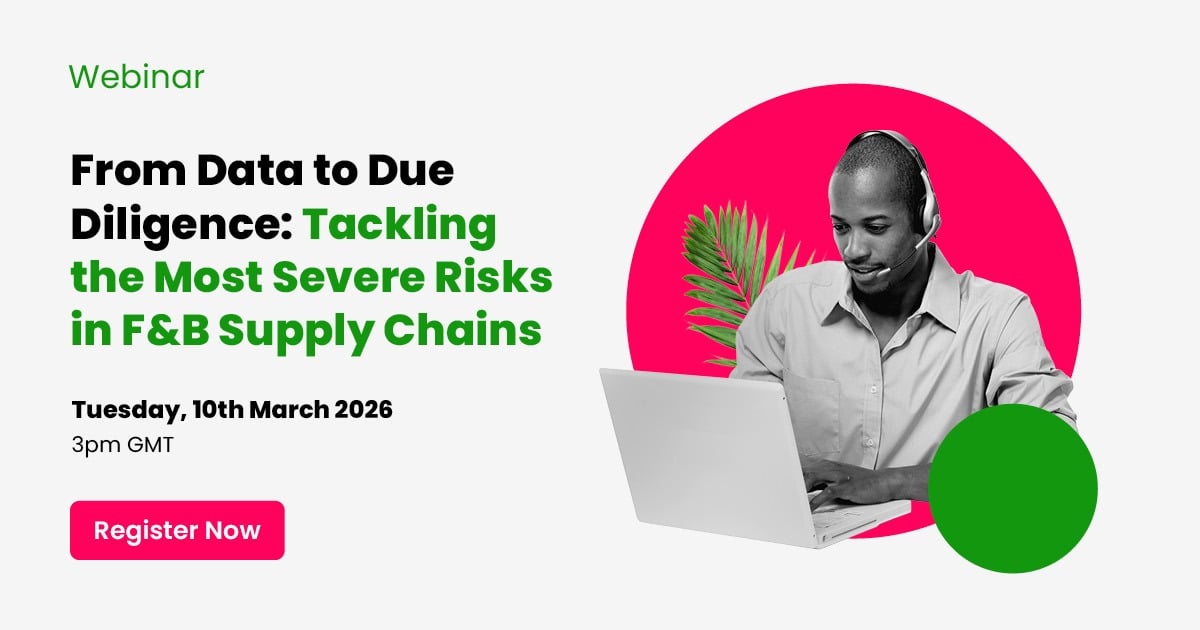
“Simplify and stabilise”: Kellogg Company’s journey to supply chain sustainability
Kellogg Company have an organisation of 33,000 people, with 20,000 in supply chain – that’s just direct employees. When looking at their extended supply it becomes a significantly larger number. At the Sedex Conference Alistair Hirst, SVP Global Supply Chains at Kellogg Company, outlined how “one of the things that I have learned is that if I don’t have a stable base to build on, then I know whatever I’m doing isn’t going to be sustainable. Simplifying can help you stabilise and vice versa.”
Hirst described the breadth of Kellogg Company’s operations – producing 1,600 foods in 20 countries, which it markets in 180 countries. This breadth makes transparency hugely important. Hirst said: “Sustainability is no longer just about reducing your greenhouse emissions or energy footprint – it’s your end-to-end supply chain. We have a responsibility – whether it’s tier 1, tier 2, tier 3 or 4 supply chain – to understand what it going on throughout that whole supply chain.“
“Business has a role to play, and it creates markets and opportunities, especially in the developing world for small farmers to improve their livelihoods. And our customers expect that. Everything we’re doing is being driven by our consumer and our customer. We don’t do it just because we think it’s a good idea, we know our consumers – particularly millennials – want to know where their food comes from. They want to buy from companies that have the same moral compass that they do.”
Hirst described the four things he thinks Kellogg Company needs to be to make sure it has a stable supply chain:
- Resilient: “We need to be resilient against short term supply shocks, to react quickly, to get supply at short notice.”
- Predicable: “We need to predict longer term supply shocks, particularly around climate change, and what we can do to get ahead of it.”
- Rich data or predictive analytics: “There’s more data in the world than there’s ever been, but are we using it to predict what could be happening in the future? Predictive analytics can be a big enabler to stabilise the supply chain.”
- Partnerships: “There’s no way Kellogg can do this on our own, we have to choose the partners who can help us be successful and get the positive outcomes we’re looking for. We work with the World Bank, with Sedex, with SGS; multiple organisations to help understand our supply chain and our sustainability agenda.”
Hirst then outlined four things that Kellogg Company is currently working on in its supply chain:
- Climate Smart Agriculture: “Is about increasing productivity and crop resilience and reducing greenhouse gas emission. Kellogg Company is partnering with 15,000 farmers by 2020 to work on these practices.”
- Climate and Natural Resource Conservation: “Two areas we’re particularly interested in are water availability and soil health, because without those crops cannot grow and we can’t be productive.”
- Human Rights: “A huge issue for us. We have our global code of ethics which our suppliers are expected to comply with.”
- Reputation: “We know our reputation is a fragile thing. When information can travel round the world instantaneously, your reputation can be good today and before I’ve finished speaking it can be trashed around the world. This is where audits come in, I love audits. We need audits for continuous improvement – ‘a commitment made is a commitment delivered’ in the Kellogg’s supply chain.”
Hirst stressed the importance of clear metrics in responsible sourcing and gave some key examples of targets Kellogg Company is working towards. He also talked about the difficulty of measuring and meeting these targets: “this is hard – our supply chain is constantly changing, but we don’t change our target, it stays the same whatever, we keep moving forward.”
He then noted three examples that Kellogg Company are proud of:
- Kellogg’s Origins: The company has been working with UK farmers to increase biodiversity and take children from inner-city schools to see where their food comes from.
- Thai rice: Kellogg Company has been working closely with the Thai government since 2008 to grow long grain rice in Thailand, in order to ensure resilience of supply. Last year they got the first commercial crop into the business. The Thai government says it’s the first time a public-private partnership has worked in this agro-space and Kellogg Company has created a market for the Thai farmers which gives them more security.
- Quinoa growers in Bolivia: Kellogg Company helps farmers with crop husbandry to keep their organic certificate, which is critical for their livelihoods. There is no electricity on the farms, so they also invested in solar power which allows the farmers to irrigate the fields and light their homes at night.
Our customers want to buy real food, they care about where it comes from and who grows it, that we care about the planet. Simplify the work, stabilise the supply base, support the people, communities and environment where we work and source. But never forget, we’re still a business, we have to have front and centre: consumer and customer.
Hirst also talked about the power of partnerships. He described how, in his view, “supply chains are too simplistic and linear in this VUCA world – we operate in supply webs now – and a spider rarely goes across its web in a straight line.”



